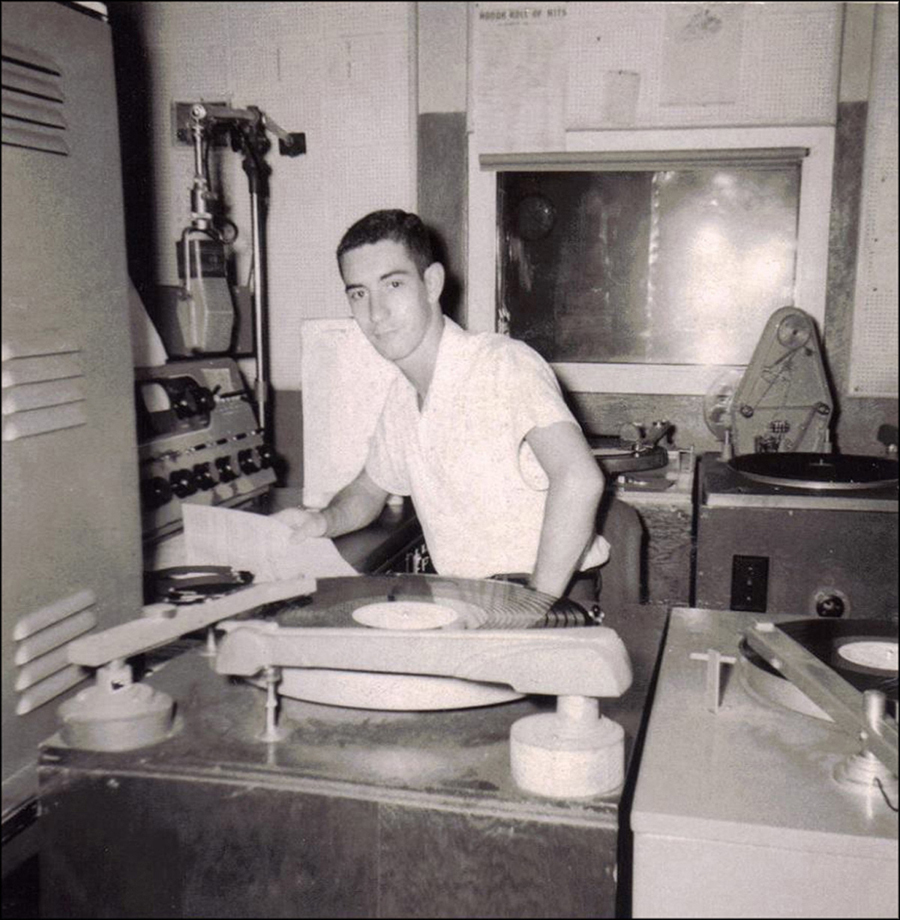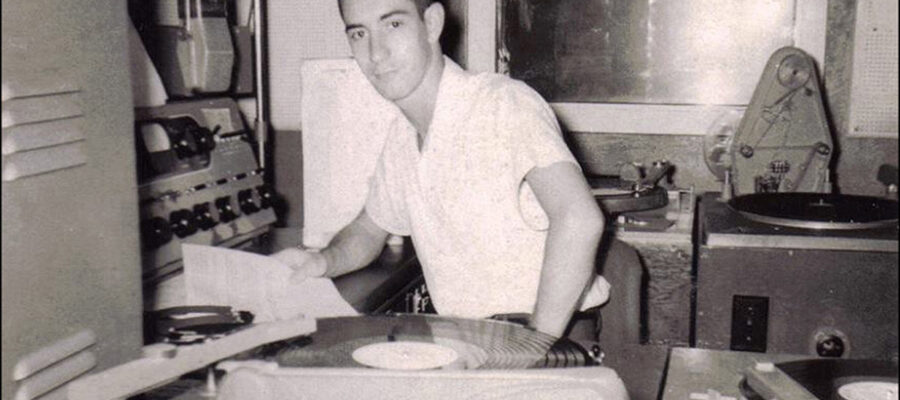 Former radio personality, Joe Goodpasture, provided me with his thoughts about radio, wishing he could go back and do it again. According to Joe:
Former radio personality, Joe Goodpasture, provided me with his thoughts about radio, wishing he could go back and do it again. According to Joe:
“It was late summer, 1956, and I felt I had hit a jackpot trifecta. In short order, I had enrolled at East Tennessee State College, found a three-bedroom apartment with five other guys on West Pine St., only a few doors from where I had grown up.
“And, best of all, I had landed a full-time dream job as a radio announcer at WETB. This was before the term “disc jockey,” or DJ, was commonly used.
“A bit of serendipity was involved in my getting the job. I was in the middle of an audition/interview with program director, Bernie Burleson, when fire engines were called to North Side School.
“Bernie, of course, had to rush to the scene and I tagged along. It turned out to be only a grease fire, but I took the initiative to talk with the fire chief and gather some details.
“Bernie asked me to prepare a quick two-minute summary and my live on-the-scene news report impressed him enough to offer me the job of morning man at the princely salary of $55 a week. I couldn’t imagine how I’d spend all that money.
“My first day on the job was a Sunday and I didn’t sleep a wink all Saturday night, tossing and turning and worrying about miscuing a record, mispronouncing names in the news or stumbling over the station break, 'This is WETB, the Press-Chronicle station at 790 on your dial.'
“My old ’47 Plymouth was broken down in Bristol with a busted water pump so the station’s chief engineer, Jeep Jones, picked me up at 5 a.m. so we’d be ready to sign on the air at 6 a.m.
“I had gained considerable experience as an almost-full-time apprentice announcer at WOPI in Bristol, but I was still an 18-year-old greenhorn.
“Jeep gave me a quick crash course on how to operate the control board, making sure I knew which switch turned on the mike and which pot controlled the sound from which turntable.
“The Sunday morning shift was pretty slow and my job consisted mostly of reading commercials and doing station breaks between religious programs, which came pre-recorded on big 16” vinyl transcriptions.
“I had to read a five-minute newscast from Associated Press wire copy, but I managed to make it through without too many stumbles and only a little dead air.
“I worked with WETB for five years and have never worked so hard in my life. I signed the station on at 6 a.m., six days a week and worked ‘til noon. Then, I rushed to the college campus and attended classes all afternoon.
“If you add in time for studying and courting the beautiful Bristol girl who became my bride of 58 years (and counting), and I was a busy boy. Four hours of sleep was a luxury and staying awake in class was a constant challenge.
“Despite the pressure, I was 'On-the-Air,' my life’s ambition. The morning show began to gain listeners and when my boyhood buddy, Merrill Moore, returned from the Army and we started the “Joe and Mo Show,” we provided some serious competition for Dick Ellis, the morning man at our archrival, WJHL.
“My years at WETB were among the happiest of my life and provided the foundation for an enjoyable career in broadcasting that spanned more than 20 years and included stints as news director for two of the most respected stations in the nation.”
“Sometimes,” said Joe, “I wish I could go back and do it all over.” We wish you could, Joe; we wish you could.
